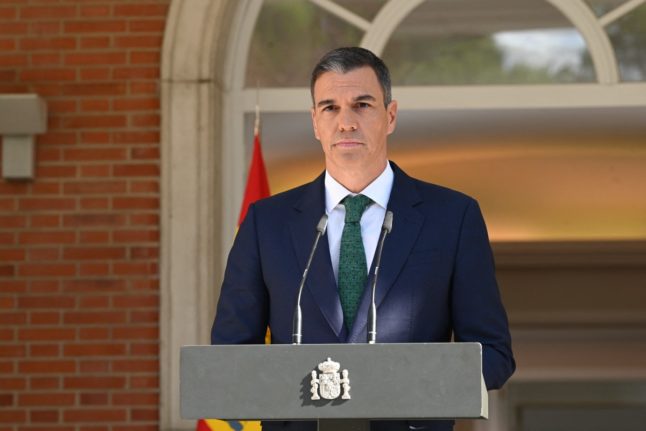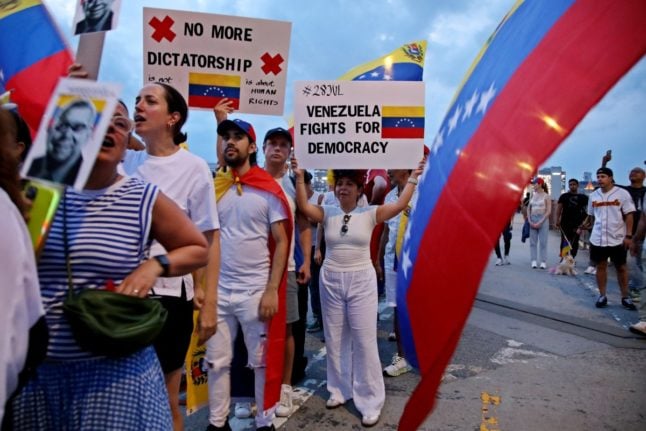Sánchez kicked off the political year on Wednesday September 4th with a press conference in which he announced “new measures aimed at limiting the disproportionate privileges that certain elites in the country have and benefit from.”
“We are going to tax those who already have enough money in the bank to live a hundred lives,” Sánchez told journalists at the Cervantes Institute.
“We will do this, I repeat, not to harm millionaires, but to protect the middle and working classes from a system that continues to be extraordinarily unfair,” the PSOE leader said.
#EnDirecto | Sánchez anuncia que el Gobierno "agravará fiscalmente a quienes tienen en el banco el suficiente dinero para vivir cien vidas" y así proteger "a las clases trabajadoras de un sistema extraordinariamente injusto": "Más transporte público y menos Lamborghinis" pic.twitter.com/3OmcNEmRQD
— Europa Press (@europapress) September 4, 2024
For Sánchez, “regardless of what some people think, Spain will be a better country if it has more electric cars, made in Spain, more public buses and, therefore, more public transport and fewer Lamborghinis.”
According to the Spanish PM, a more progressive tax system will be one of the three main axes that the left-wing coalition government will develop in economic matters in this new political year, with taxes “that will increase more for those who have more.”
The highest income tax (IRPF) bracket is currently 47 percent, for those earning above €300,000 a year. People earning between €60,000 and €299,999 have an income tax rate of 45 percent.
The Socialist-led government also introduced the so-called ‘millionaire’ or ‘solidarity’ tax in 2022, a levy on people worth more than €3 million (it’s not a tax on income but rather on assets and holdings). There is also a wealth tax which varies based on the region and the residency status.
READ ALSO: How wealthy people in Spain are avoiding the millionaire tax
Sánchez has not yet specified how much income is ‘enough to live a hundred lives’, nor if the planned measures will include higher-income earners than aren’t millionaires but have above average salaries.
In Spain, there are 5 million people who earn above €3,673 gross a month, a figure from the French Observatory of Inequalities (relating to Spain) and cited in Forbes as being the threshold for being classified as ‘rich’ in Spain.
When Spain’s Economy Minister Carlos Cuerpo was asked on Onda Cero radio station to disclose more about what the Spanish premier was planning, he hinted the main focus will be the super-rich.
For political opponent and far-right Vox leader Santiago Abascal, Sánchez’s aim is “destroying the middle classes” rather than having anything against “Lamborghinis” and the wealthy.
Similarly, the country’s right-wing media has been critical with the PM’s announcement, claiming that he wants to “kick the rich out of Spain” or distract from increasing poverty in the country.
People with incomes above €600,000 a year represent only 0.07 percent of the population in Spain, contributing around 7.57 percent of taxes to public coffers.
On the other hand, the middle classes – those with an income between €30,000 and €60,000 – make up around 21 percent of the population and their taxes add up to 36.8 percent of the total.



 Please whitelist us to continue reading.
Please whitelist us to continue reading.
Member comments